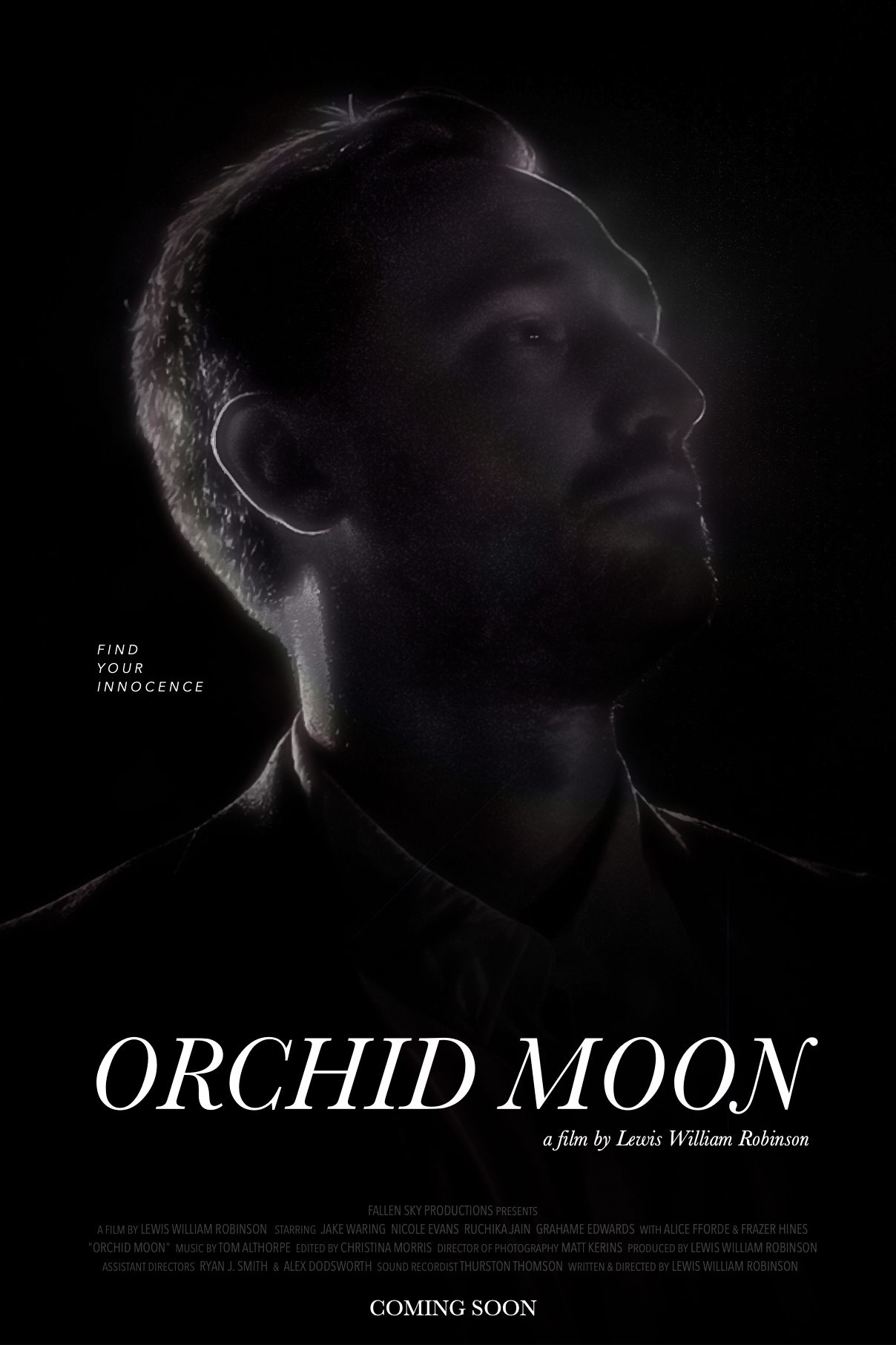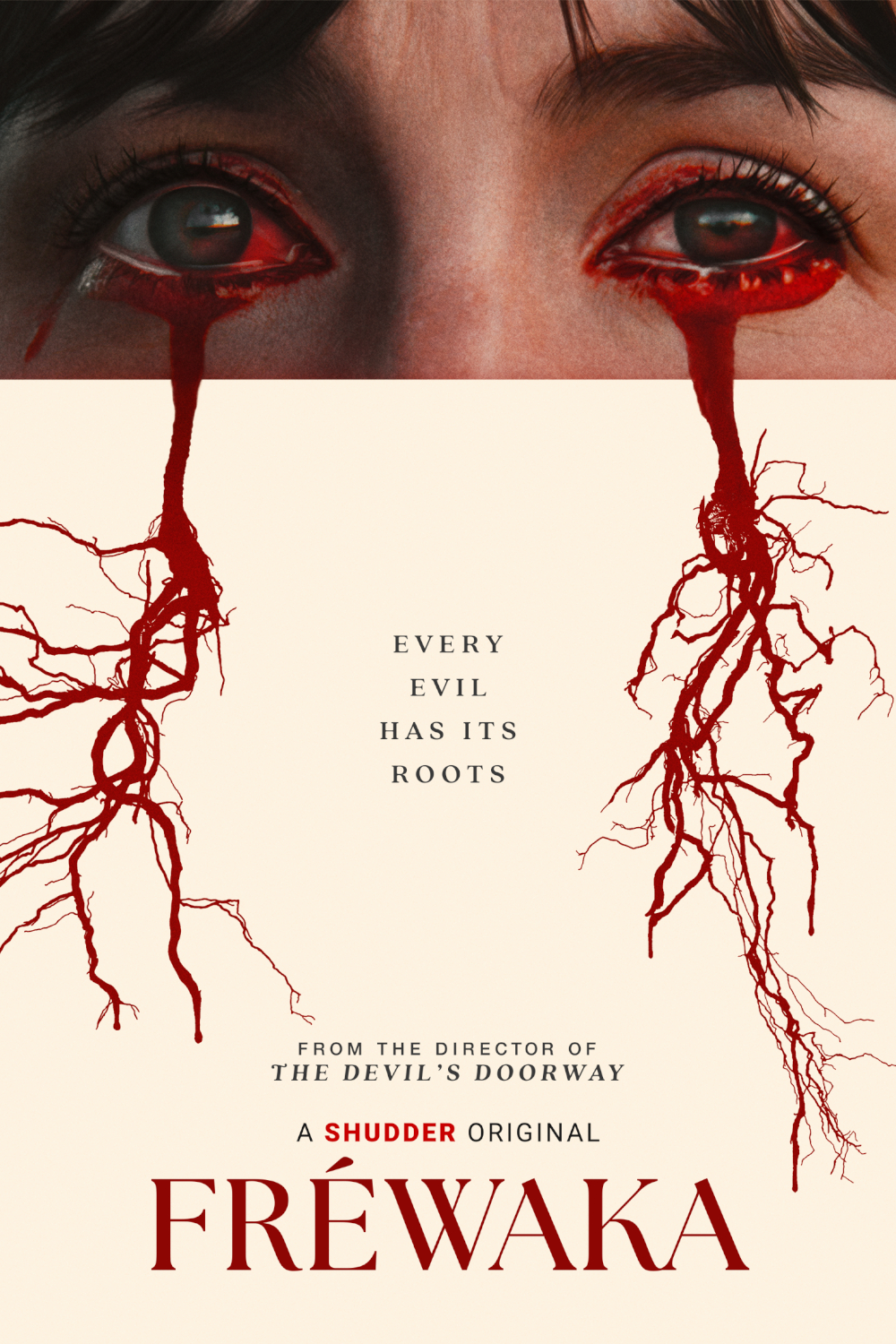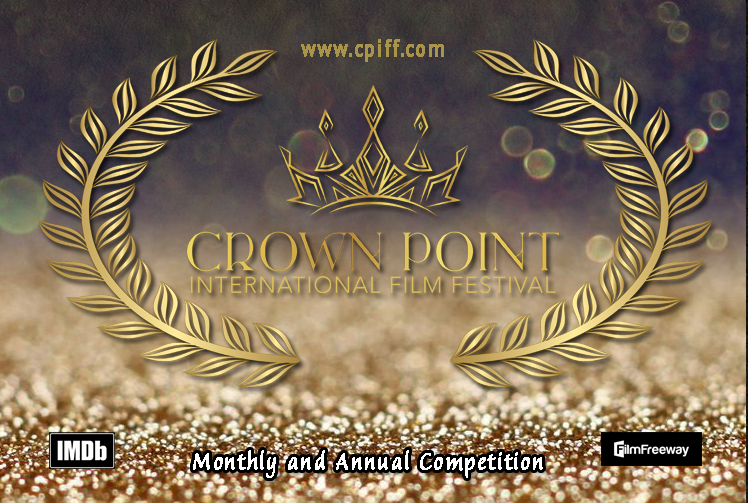
Indie Film Review “Orchid Moon”
WATCH THE TRAILER HERE
First, the Recap:
A repossession of inner verity and personal identity. Finding ourselves having walked certain paths while also realizing just how much we’re running from the consequences that came from the decisions associated with them, it’s an “easier said than done” exercise in coming to terms WITH who we truly are again and hence re-discovering the means to take back our spirit and soul. Can the battle be won when the elements against us, even the ones harbored in our own hurting heart, are seemingly endless and unconquerable? Harry Bradshaw (Jake Waring) fights the present and the past equally in attempting to redeem life choices that have been fleetingly fulfilling yet not completely to his benefit. But, is the guilt he bears really his to own, or is he currently prisoner of suppositions and misplaced blame that he could be free from?
Next, my Mind:
The restlessness of an unsettled mindset, the specter of time in said state of being feeling never-ending, the ever-potent weight of remembrance, self-reproach, and yearning for liberation, and an ultimate seeking of inner absolution all take center stage through this 64-minute indie feature film from writer/director/producer Lewis William Robinson that wears it’s emotionally-charged facets addressing loss and sought-after redemption fully on its sleeve while wrapping it in a throwback to classic black and white, intelligently stylistic, noir-centric visual execution and atmosphere that springs it all to effective and compelling life. But, rather than this BEING a hard-boiled detective film, it instead utilizes the aforementioned noirish elements (along with other aspects one could associate with that genre) to emphasize the deeply troubled, dramatically dynamic circumstances its lead character finds himself in plus the subsequent surroundings of chaos he’s experiencing.
This narrative that sees a lone man in the midst of what would appear to be total meltdown and hopeless torment while he desperately longs after an escape from his checkered past and lost love while attempting to believe his existence CAN have meaning and purpose again in far more healthier and constructive ways, it’s a film that doesn’t shy away from an initial foundation of abject explorations of how we as human beings become self-destructive when (not, actually) handling grief and poor decisions well, what we employ to cope with it, and how it not only brings US down, but also threatens to needlessly impact others’ lives negatively as well. Then, the narrative also deftly, but in nicely uncomplicated manner, illustrates the notions of those around us who genuinely want to HELP us, yet we are reluctant, pushing it away, wallowing in our misery rather than even being OPEN to the chance to be rescued or at least comforted in our pain.
But, this also becomes the catalyst FOR those same people to KEEP at it, NOT giving up, trying to discover the ways they CAN get through to us and then FINALLY make us realize that we CAN push through the hurt, face the demons we have allowed to overtake us, SEE the path to take that we might break loose of the proverbial chains holding us, and see how all that we tend to place upon ourselves BY our own actions or thinking CAN be remedied, redeemed, and forgiven so we can encounter that so often elusive objective–letting go and moving forward. It is an object lesson in the nature of humanity and the tendency to fall into inner disrepair, sometimes to extremes, rather than to confront our literal or figurative monsters and/or associated culpability and simply choose to deal with it with an understandable degree of disconcert, but in a more healing way instead of harmful.
As hinted at above, this grander aura of disquiet that the film embodies is beautifully orchestrated in conjunction with the starkness of the imagery deployed here, especially with the nighttime sequences, including rain-slicked, streetlight-illuminated alleyways and roads, (initially) enigmatic, shadowy rooms and figures our protagonist is pursued or haunted by while on his quest for solace, and the flashback instances that fill in the necessary gaps for us as the viewer. Add to this the film’s heavily piano-driven musical score which likewise adeptly accentuates the tone and feel of the narrative with purposeful, almost ethereal ease as it reflects both heavy melancholy and still-evasive joy as the story unwinds before us. Again, I feel this is just a wonderful tribute to noir dramas past, but current enough in delivery and direction to maintain contemporary relevance, if that makes sense.
Waring brings about one of the most important, I feel anyway, characteristics to a role that works consistently within character and story-driven projects such as this, and that is an “everyman” persona which lends itself perfectly to his turn here as Harry, a man only wishing to live life fully and with newfound conviction but is not able to grasp it as his now-former decisions and a particular incident accompanying them is upending his sanity and conscious. Immersed in mental distress and cynicism, Harry’s future is quite uncertain until the situation begins to turn towards the answers and steps he must take in order to rectify his misdeeds, embrace exoneration, and put to rest the ghosts which both plague and cause him lovelorn anguish and utter remorse. Whether he will wholeheartedly latch onto hope again is the mystery that is methodically revealed, and how Waring guides his character through the hurricanes of doubt, anger, fear, desperation, heartbreak, and inward desolation is energetic, tangibly intense, and wholly credible from start to finish, making his character one to root for, in spite of what we learn about his own bad choices.
Primary supporting roles are present beginning with Nicole Evans as Clementine, a beautiful yet troubled woman who became the focus of Harry’s universe and whose own story is one of both hardship and elation, but that could possibly end up being either the best or worst thing that Harry could have in his life. Evans displays poise and passion through the character’s volatile involvement in his story, eliciting feelings of empathy and tragedy via her performance. Ruchika Jain is Mrs. Chandra, a neighbor of Harry’s who makes every effort to be a voice of reason for him and his growing isolation and solitary suffering. Jain is another actress who embodies this kind of believable character with foundational exuberance and emotional impact that fits into the narrative well. Grahame Edwards is Geoff, a local bar owner who’s become more than familiar with Harry’s frantic and disorderly approach to his anguish but tries as well to point his wayward friend in directions that could serve him MUCH better. I like Edwards’ take on this character, as it is another role played with palpable validity and influence in relation to Harry’s state of affairs.
Alice Fforde is Anna, a woman whom Harry ends up meeting randomly while at Geoff’s bar one night and who could be an unforeseen force of highly needed respite and healthy release he requires to get on with his plans, assuming he can get beyond the present and its trials. I liked that Anna wasn’t just some “fluff” character, but a totally feasible element here, and Fforde’s adorable but also confidently strong and independent nature infused into the character makes her noteworthy in what COULD have been a somewhat thankless role. Then there is Frazer Hines as the ominous figure Eddie, whose significance in molding Harry’s plight is far greater than we might have thought at first, and it makes his reveal one that cements the backdrop for the unease Harry feels in a multitude of ways, wonderfully portrayed by Hines who oozes enough menace to allow Eddie’s character to be one we begin to wonder as to how it will be that his fate will come about.
Additional appearances are made by Jono Bradley, Michael Bradley, Michael Cliff, Charlie Dryden, Tony Goodall, Velton Lishke, Marissa Lloyd, Brian Madden, Harry Morgan, James Peacock, Finlay Robinson, director Lewis William Robinson, Ryan J. Smith, and Jake Webber. So, in total, “Orchid Moon” is a well-conceived and presented foray into ruefulness, renewal, rebirth, and leaving behind the past, not out of forgetting, but rather knowing it’s what those we’ve known and still know would wish for us, CHERISHING the recollections of better times and relationships, and being deservedly emancipated from it all instead of languishing as a prisoner to bereavement and despondence, even if so much WAS originally made by our own unsound judgement.
STAR RATING (out of 5):
As always, this is all for your consideration and comment. Until next time, thank you for reading!




